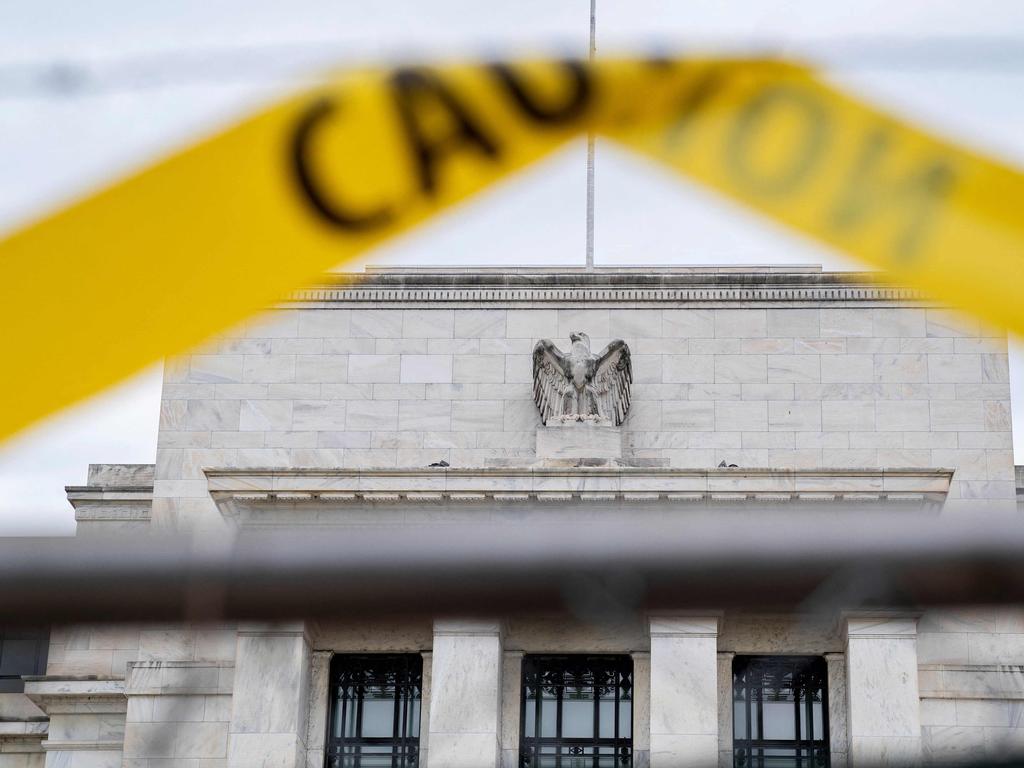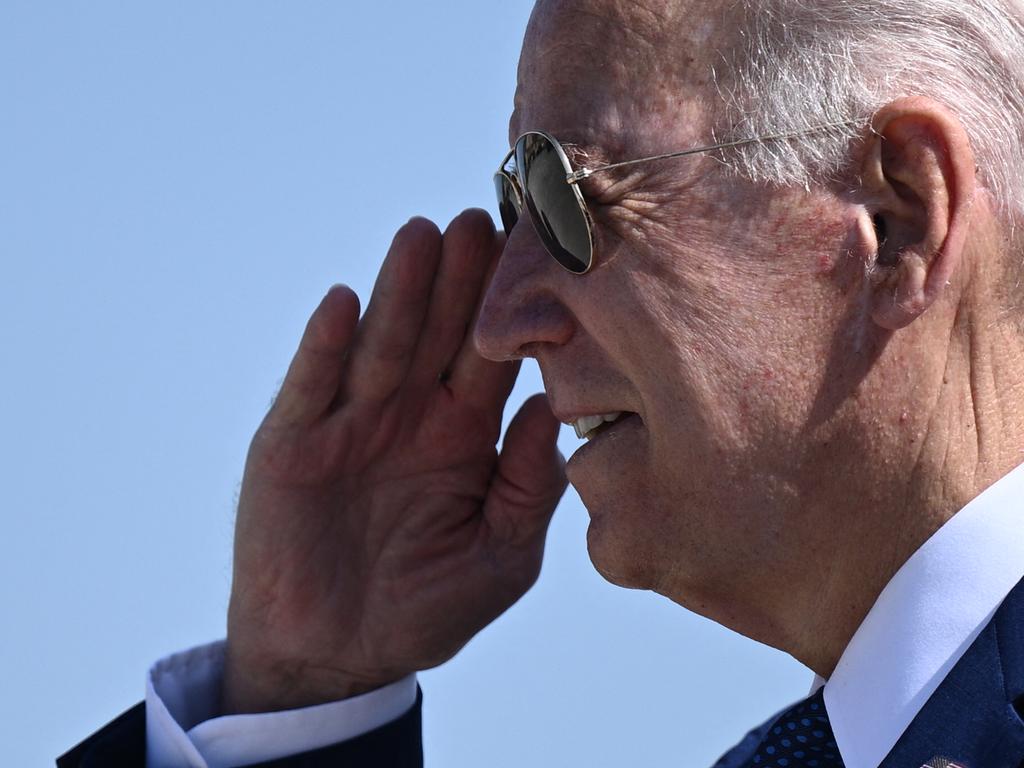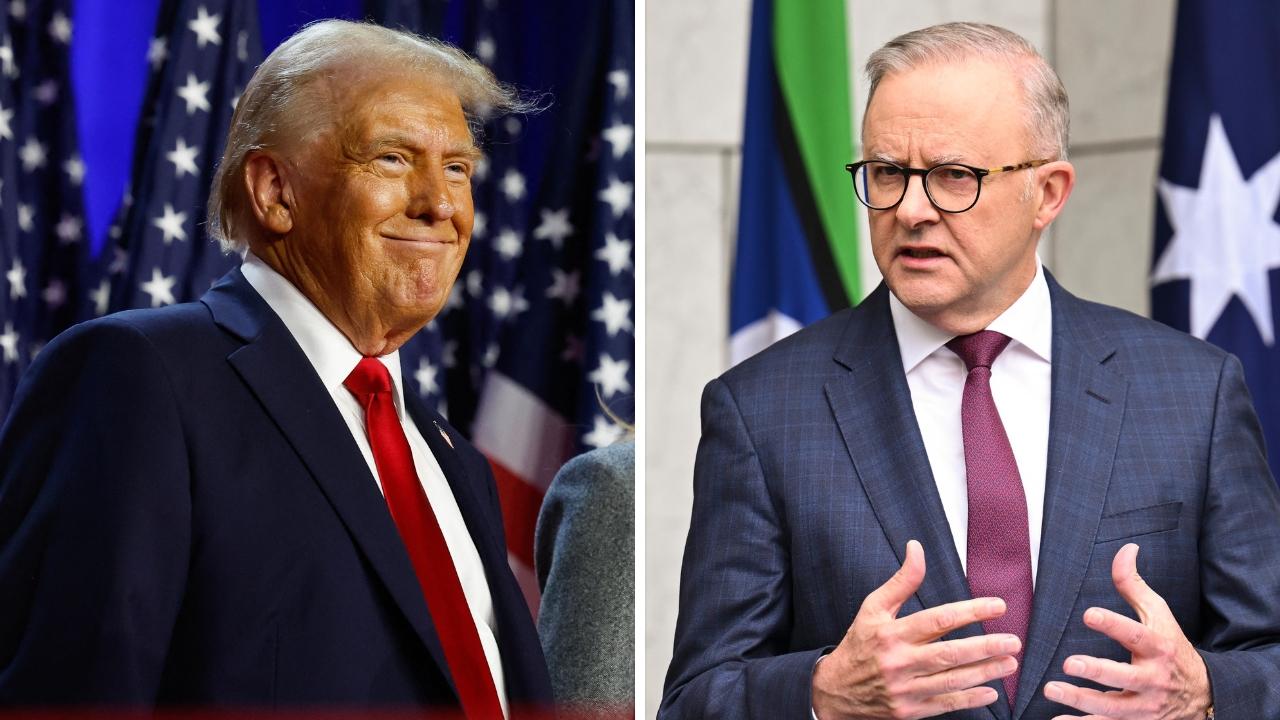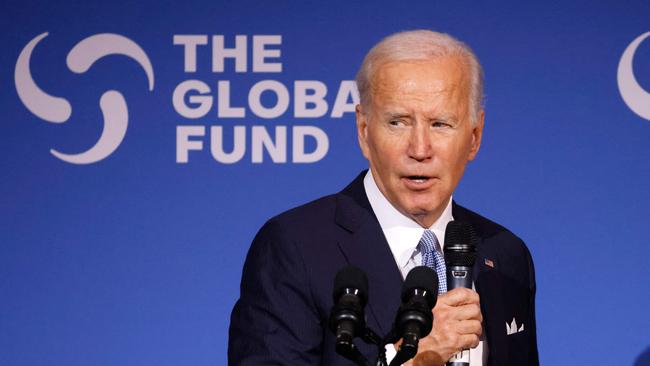
Sic semper tyrannis! A century and a half on, John Wilkes Booth’s delusional cry of self-vindication has a recognisably modern ring to it.
His invocation of the ancient Romans’ denunciation of despots to justify the assassination of history’s greatest democratic leader echoes in contemporary politics. Abraham Lincoln probably did more than anyone to advance the cause of human freedom, and he died a death worthy of a tyrant. Today, while genuine tyrants worldwide vaunt their barbarity, we insist our leaders are the real despots.
Inconveniently for their advocates in the West, the true autocrats are having a very bad year. The strongmen whose model we have been told is superior to ours are flailing; doubling down on authoritarianism even as their misrule deepens their own crises.
In Russia, a modern-day tsar finds his territorial ambitions thwarted by a military a fraction the size of his own. At home his rule is mocked by the spectacle of tens of thousands of his loyal subjects fleeing the country to avoid fighting and dying for it. Less Peter the Great. More Vladimir the Muttonhead.
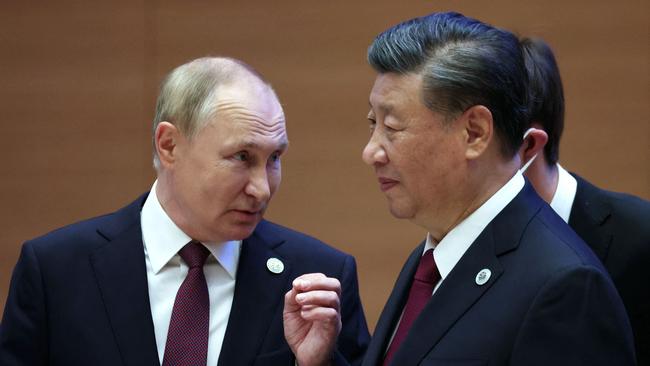
In Iran, the mullahs feel it necessary to demonstrate their virtue by beating to death quietly defiant young women and shooting dozens of their own citizens. They uphold the beneficent rule of God with a malignity only humans can muster.
In China—so far as we can tell, because the rulers’ grip is so tight that in a country of 1.4 billion people even squeaks of protest are ruthlessly suppressed—the going isn’t good for autocratic rule.
At some point, the global community will have to treat Zero Covid as the human rights atrocity that it is and put significant pressure on China to stop. Chinese citizens have rights. pic.twitter.com/hrIJ6cxSw5
— Anthony LaMesa (@ajlamesa) October 4, 2022
From glimpses of citizens welded into their own homes to prevent viral spread, to the spectacle of a 90-year-old cardinal standing trial in Hong Kong for imperilling national security, the regime looks neither efficient nor secure. Xi Jinping’s lunatic Covid-zero objective, ham-fisted economic management and increasingly bellicose posturing toward neighbours (and fellow Chinese) don’t suggest an autocracy at ease with itself.
Yet while we should be watching all this with a delicate balance of alarm and satisfaction, we remain firmly focused on the intolerable state of our own fluffy navel. President Biden says half his opponents are semi-fascists. His predecessor claims to be a victim of a repressive police state. Conservatives and progressives share only one belief these days—in the irredeemable iniquity of America and what it stands for.
This of course is the central paradox of liberalism, the perennial vulnerability at the heart of democracy. Since we’re free to air our faults, we can talk about nothing else. There is no denunciation of America uttered in any politburo or revolutionary council anywhere in the world that will match in eloquence or persuasiveness those you hear every day on any American campus or in any Washington television studio.
For years now, the critics of liberal democracy seem to have had the upper hand. They can point to the malaise of the West since the turn of the century: repeated economic failure, disastrous foreign adventurism, cultural collapse and conflict at home. For most of that time the so-called strongmen seemed to be gaining the upper hand. Whatever moral qualms there might have been about the messy moral realities, the long-term strategic advantage seems to be in their favour.
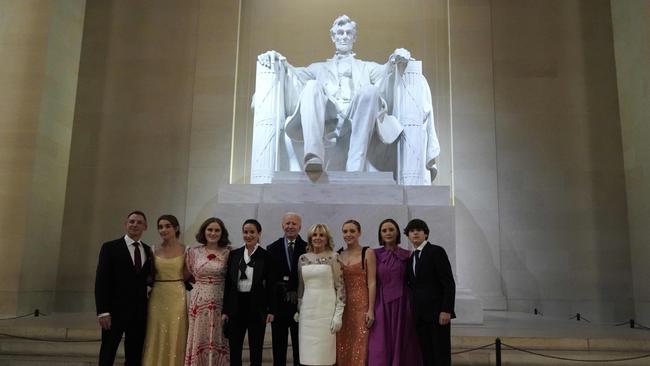
But setting aside the moral case for liberty, its essential practical virtue has always been accountability. When you can audit, scrutinise, interrogate and ultimately remove the people who govern you, history and logic tells us you should get better government. Exposing failure and venality and punishing it creates incentives for success and probity.
The primary contrast between our system and that of the autocrats is the application of this accountability. We have too much of it. They have too little. If Russia had more, it’s possible at least Vladimir Putin would have known his military was so corrupt and inept that his mission was doomed. If Iran had more, the ayatollahs might understand the simple grievance that women demand to be treated as respected human beings. If China had more, they might not be pursuing ruinous economic policies and cruel acts of inhumanity.
In the West, meanwhile, we exercise the privilege of accountability to the opposite extreme, to the threshold of self-destruction. Every president must be impeached, every election result we don’t like delegitimized. Every opponent needs to be taken down. Every election is the “last chance to save the republic.”
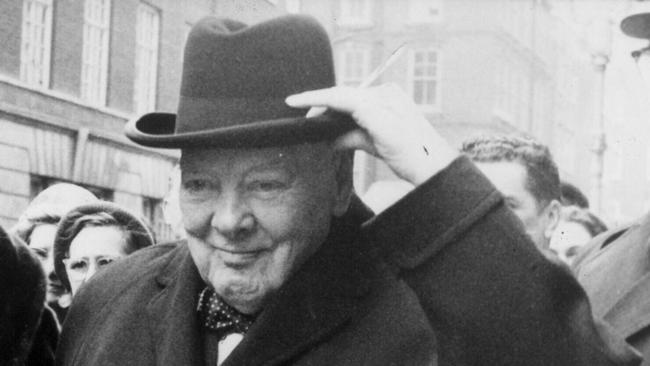
None of this is to suggest we aren’t right to challenge our flawed institutions and leaders. Liberals are right to point out the dangerous extremism of the illiberal rhetoric on their right. Conservatives are right to point out the suffocating intolerance of those in control of our culture.
And of course it’s a false choice to suggest that the alternative to our system is Mr. Putin’s Russia or Iran’s theocracy. It is instead continuous, painstaking, reform, amelioration and adaptation—just as it has been for the astonishingly successful 150-plus years of U.S. history since Lincoln’s assassination.
Winston Churchill made famous the saying that democracy was the worst form of government ever devised except for all the others. The state of the world this year surely underscores the truth of that message. We can either heed it or continue down the path that ends in the manic self-righteousness of John Wilkes Booth.
The Wall Street Journal


